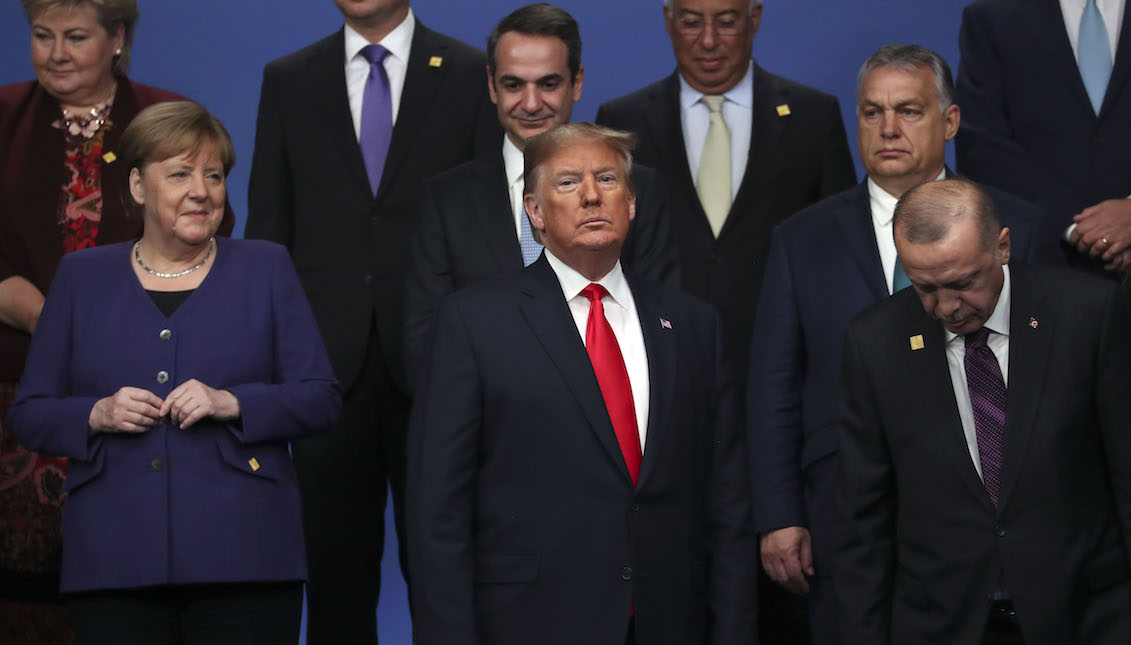
From bully to bullied, the risk of mocking Trump in NATO
U.S. President Donald Trump was the talk of his counterparts at the NATO summit, and many anticipate a disproportionate response from a man who doesn’t know…
It's one thing to be the mockery of fake news; it's quite another to hear other world leaders mock you.
This is what U.S. President Donald Trump experienced when he saw Canadian Prime Minister Justin Trudeau, French President Emmanuel Macron, English Prime Minister Boris Johnson and other diplomats mocking him in a video that has gone viral on social media.
Between comments about his long and incoherent press conferences, his fillers, and even his intention to host the next G-7 summit at his golf club in Doral, Donald Trump went from bully to bullied on the international scene.
"I just watched his team's jaws drop to the floor," the Canadian Prime Minister Trudeau laughed.
The president's response was to call Trudeau “two-faced,” cancel his last press conference and quickly leave to Washington, but not before answering back:
"Well, he’s two-faced," Trump said of Trudeau Wednesday morning. "And, honestly, with Trudeau, he's a nice guy. I find him to be a very nice guy. But, you know, the truth is that I called him out on the fact that he’s not paying 2 percent and I guess he's not very happy about it.”
Trump referred to earlier comments in which he accused Canada of not complying with its part of the agreement on financing NATO, which stipulates two percent of the country's gross domestic product.
RELATED CONTENT
While the U.S. president appears to have restrained himself from the mockery of his colleagues, this does not imply that his appearance at another international event has been successful.
His long conferences, his confrontation with Emmanuel Macron over Turkey and Syria, and the shadow of impeachment he is subjected to in his country, only show that the U.S. position is very weak on the international scene.
The risk that this implies, especially given the erratic behavior of the president, is that he could resort to the few tools that he has at hand to respond: the economy.
While the president was holding press conferences in England, his administration announced that the French tax on U.S. technology "discriminated against the United States," and announced a retaliatory tariff of "up to 100 percent" on French wines, according to the New York Times.
"They are starting to tax other people's products," Trump said at a press conference. "So therefore we go and tax them.”
Similarly, the U.S. president announced that he might want to wait until after the elections to decide on an agreement with China on tariffs.
One way or another, all domestic policy decisions seem to start and end with the presidential ego.










LEAVE A COMMENT: